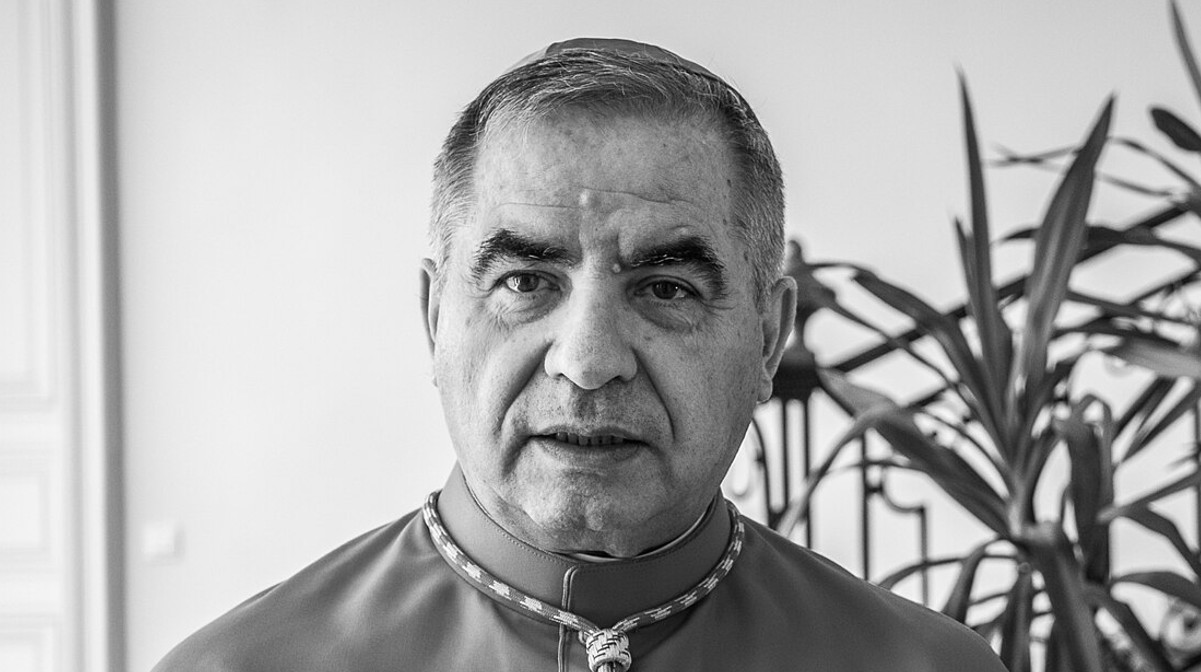Faith & Culture: Breaking Boundaries in Global Religious Landscapes - April 30 Insights

Vatican Prepares for Papal Conclave Amid Global Scrutiny
The Catholic Church stands on the brink of a pivotal moment as cardinals prepare to convene for the crucial process of selecting a new Pope. In a surprising twist, American "Maga Catholics" are actively lobbying and attempting to influence the cardinal electors, highlighting the growing political tensions within the global Catholic community.
Meanwhile, tensions have escalated in the United States, where a controversial activist cleric was arrested for staging a provocative prayer demonstration in the US Capitol Rotunda. The incident underscores the increasingly charged political and religious landscape in the country.
In a separate and deeply distressing development, a historic church closely associated with the Martin Luther King Jr. legacy has suffered severe damage from a devastating fire. The incident has sent shockwaves through the civil rights community and raised concerns about the preservation of important cultural and historical sites.
These interconnected events reflect the complex and evolving dynamics of religious, political, and social institutions in contemporary society.
